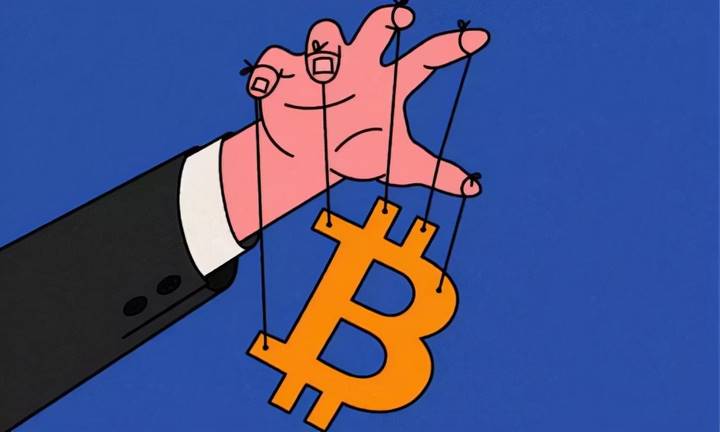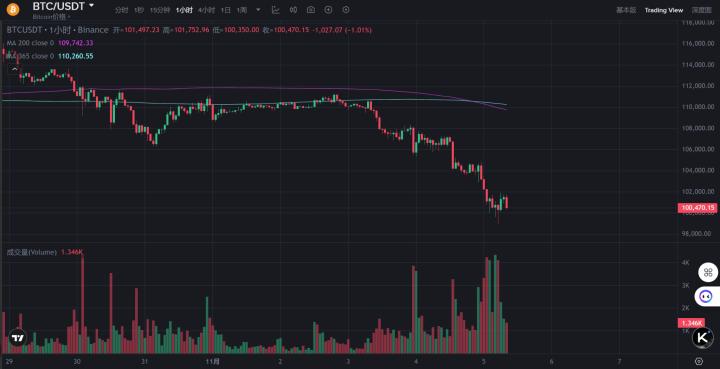On November 5, the Customs Tariff Commission of the State Council of China announced that it would temporarily suspend the 24% additional tariff on goods originating from the US, starting from 1:01 p.m. on November 10 and lasting for 1 year. However, the current 10% tariff rate will remain in place. This move was made after the summit between Chinese President Xi Jinping and US President Donald Trump on October 30, along with positive results from the latest round of economic and trade negotiations between the two countries held in Kuala Lumpur (Malaysia).

According to China’s Ministry of Commerce, the US has agreed to cancel the 10% “fentanyl tax” and extend the suspension of the 24% tariff on Chinese goods, including those originating from Hong Kong and Macau, for another year. In response, Beijing will adjust its countermeasures accordingly and maintain and expand some tariff exemption mechanisms.
In order to show goodwill to "cool down" trade tensions, Washington also decided to postpone for 1 year the implementation of a new regulation (issued on September 29) expanding the export ban list to companies with 50% or more of shares held by entities on the "black list".
China also responded by suspending the export control measures announced on October 9 for the same period, and said it would continue to review and adjust the plan in the coming time.
In addition, the US will suspend Section 301 measures against China's maritime, logistics and shipbuilding industries, while Beijing will also suspend corresponding retaliatory measures, starting from the time Washington's decision takes effect.








